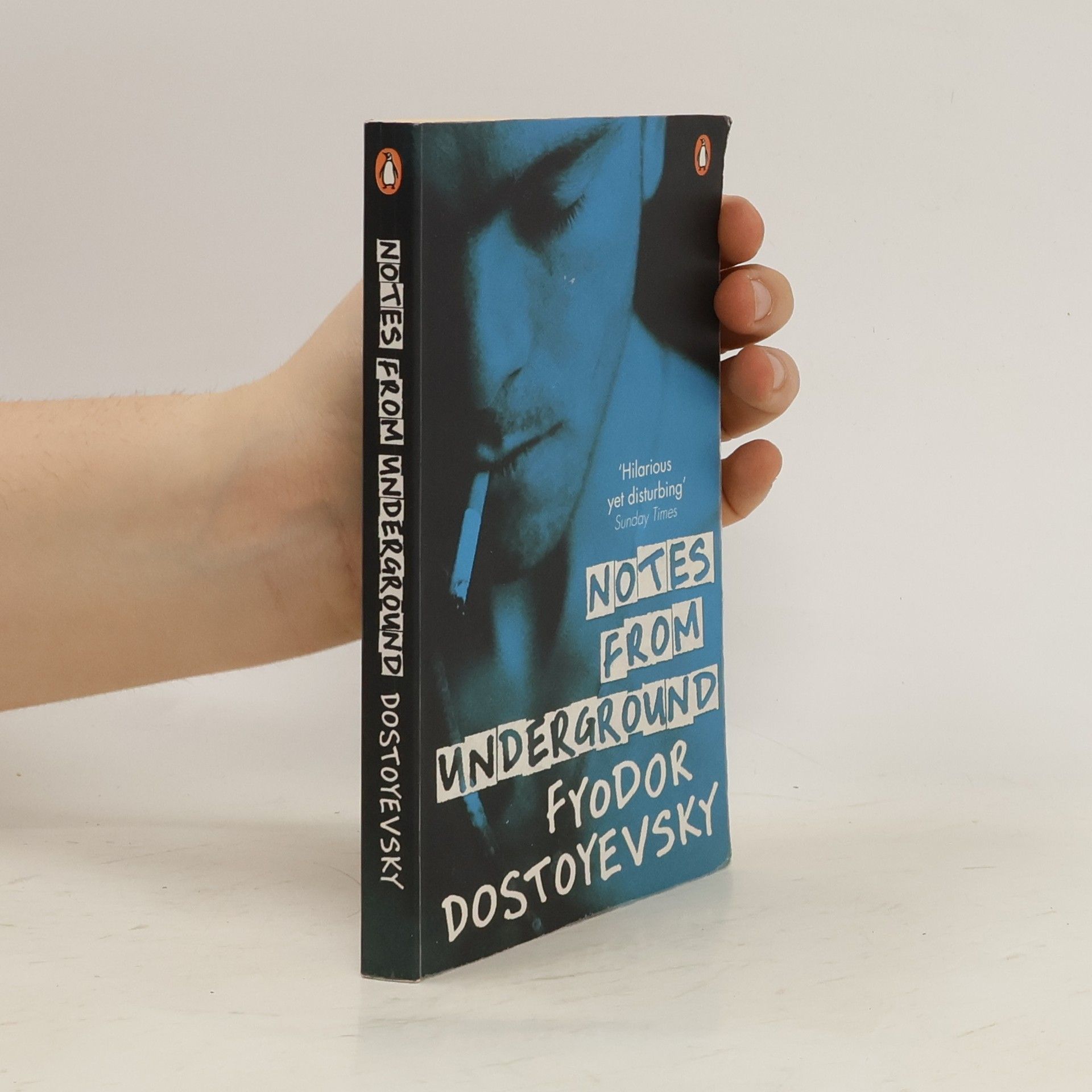Richard Pevear and Larissa Volokhonsky, the highly acclaimed translators of War and Peace, Doctor Zhivago, and Anna Karenina, which was an Oprah Book Club pick and million-copy bestseller, bring their unmatched talents to The Selected Stories of Anton Chekhov, a collection of thirty of Chekhov’s best tales from the major periods of his creative life. Considered the greatest short story writer, Anton Chekhov changed the genre itself with his spare, impressionistic depictions of Russian life and the human condition. From characteristically brief, evocative early pieces such as “The Huntsman” and the tour de force “A Boring Story,” to his best-known stories such as “The Lady with the Little Dog” and his own personal favorite, “The Student,” Chekhov’s short fiction possesses the transcendent power of art to awe and change the reader. This monumental edition, expertly translated, is especially faithful to the meaning of Chekhov’s prose and the unique rhythms of his writing, giving readers an authentic sense of his style and a true understanding of his greatness.
Larissa Volokhonsky Libri
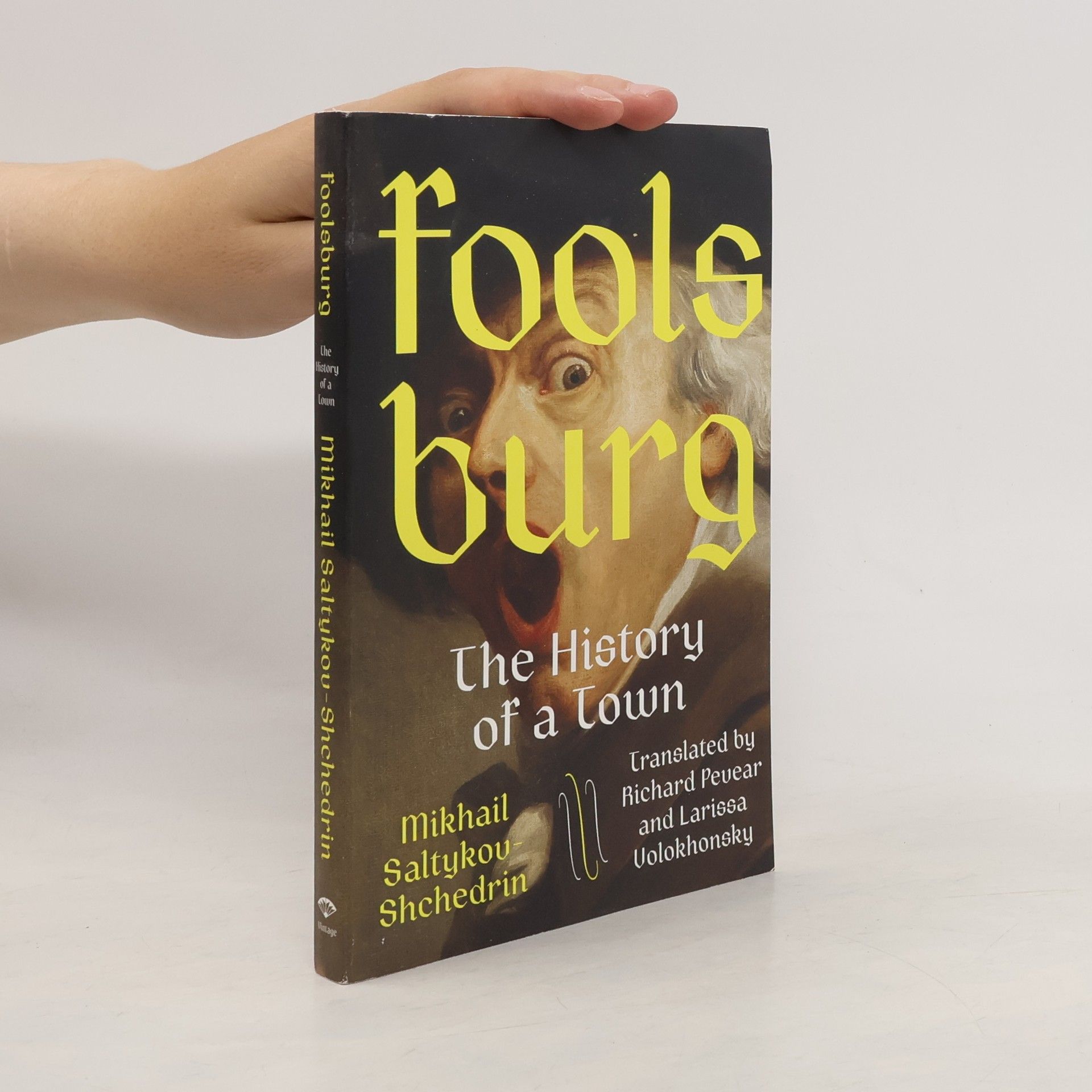
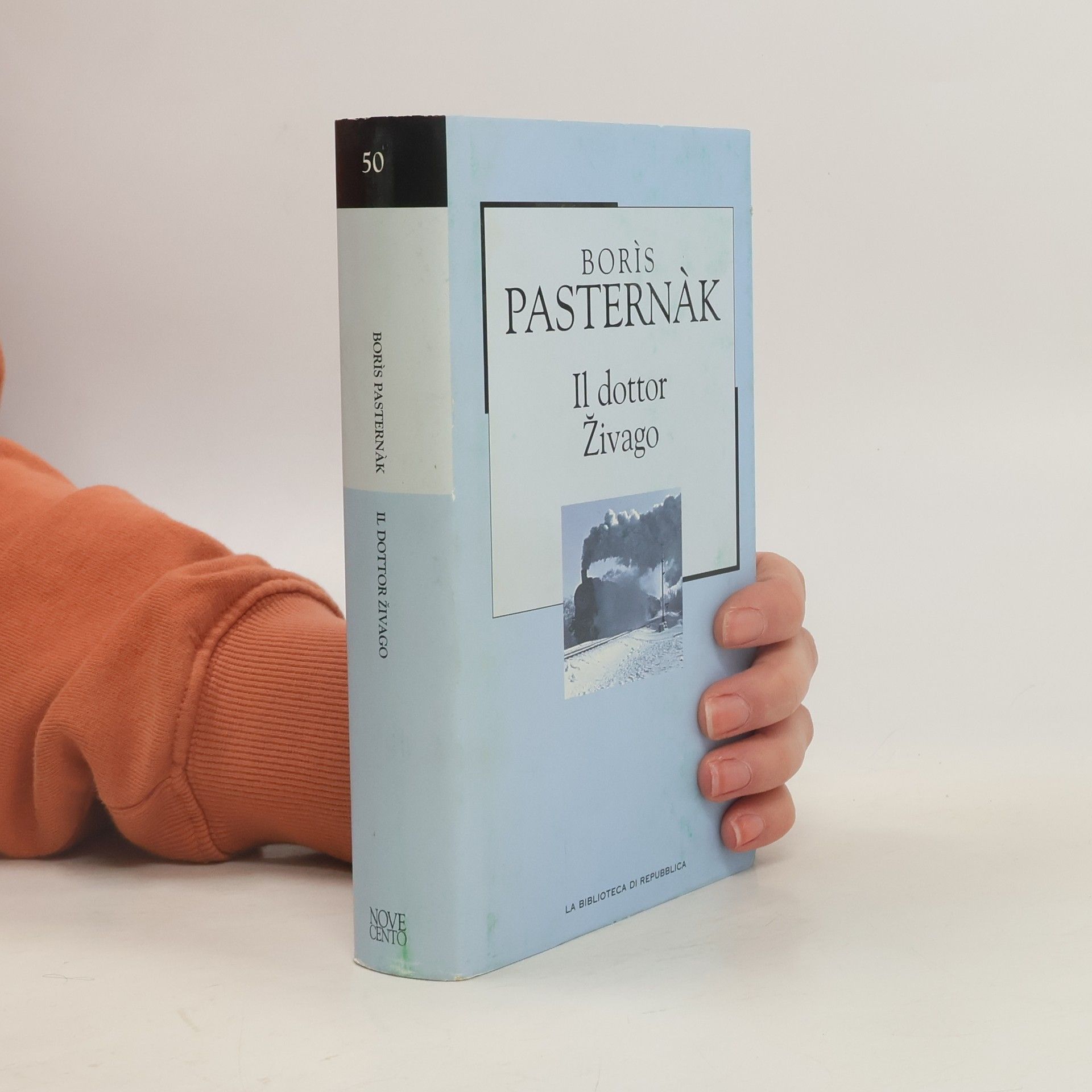
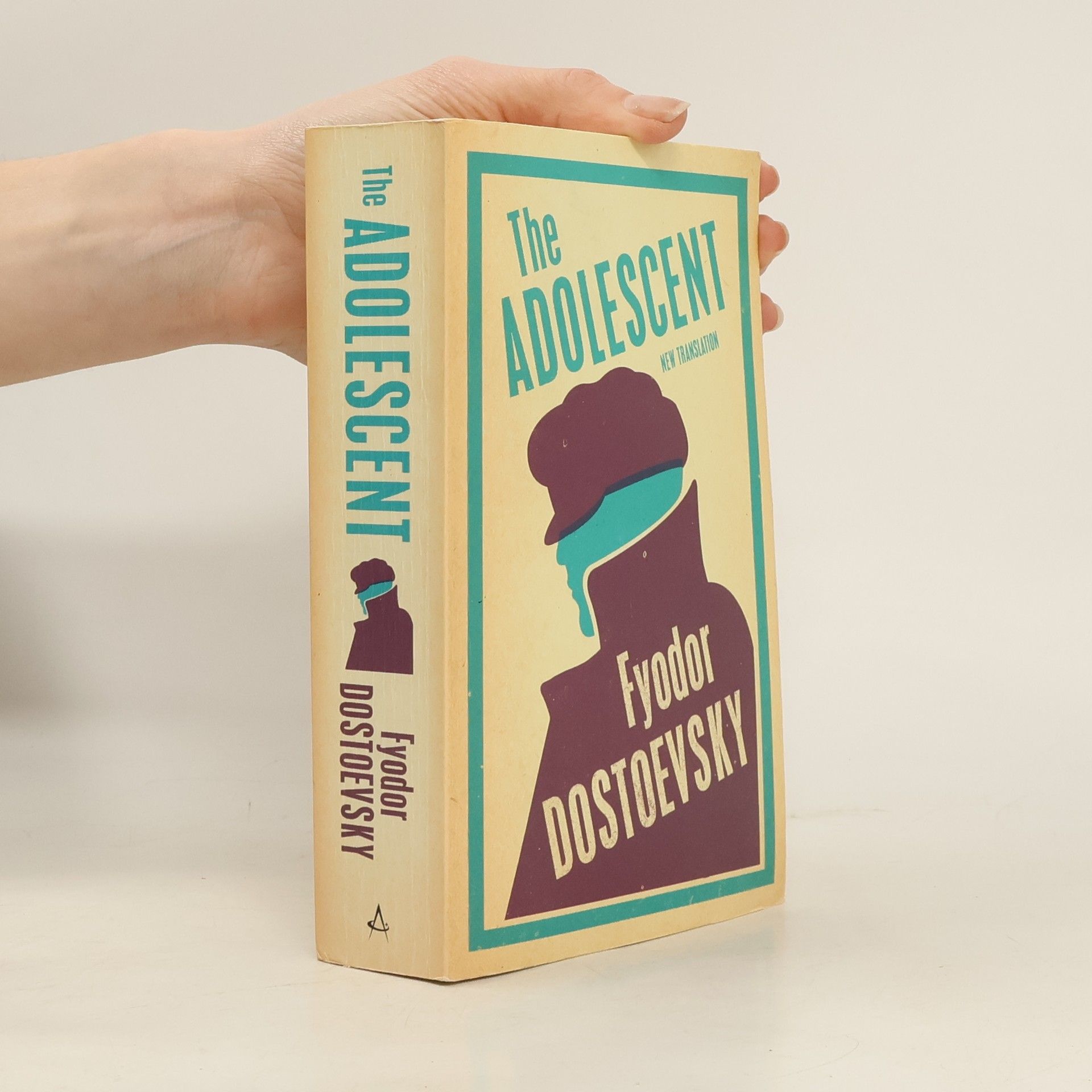
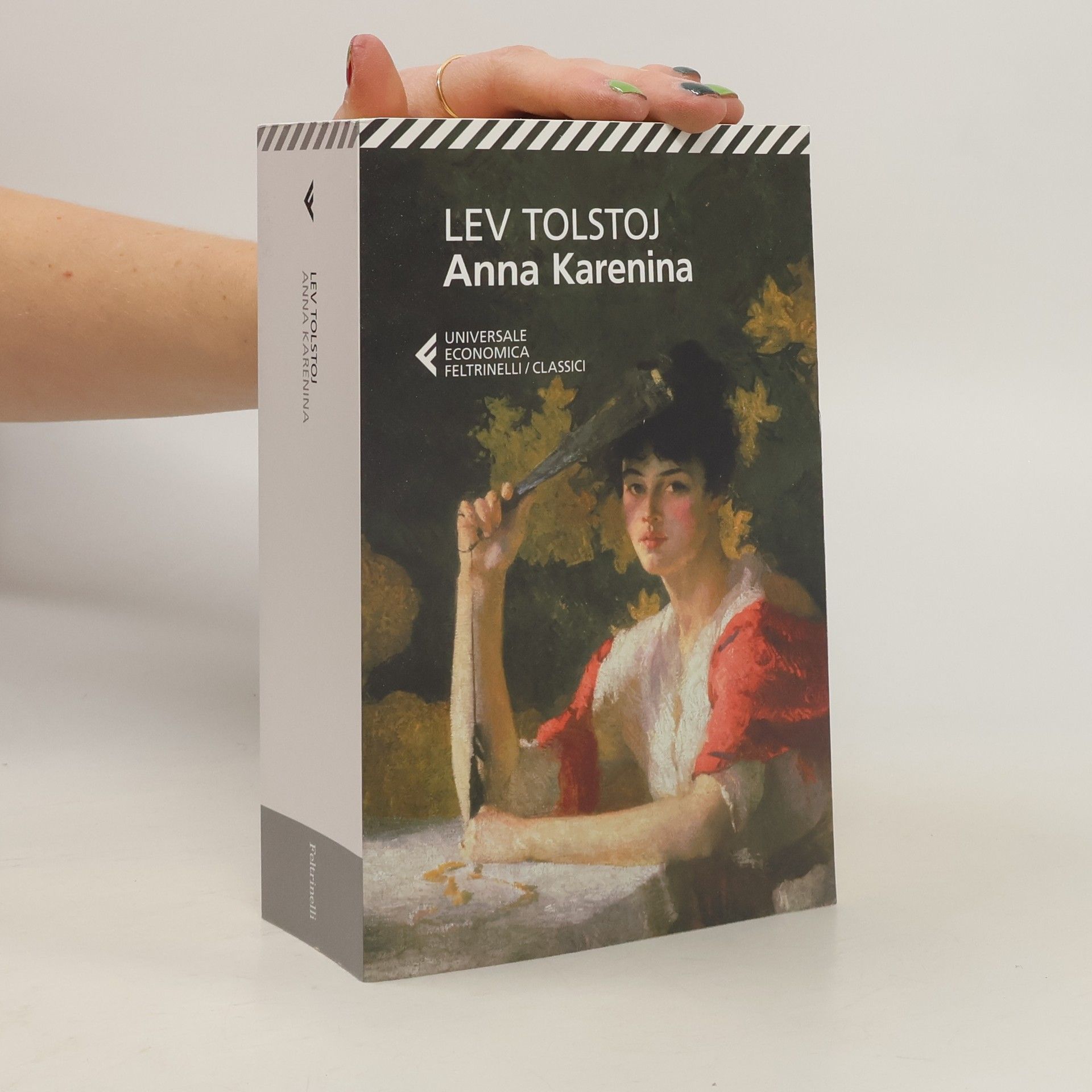
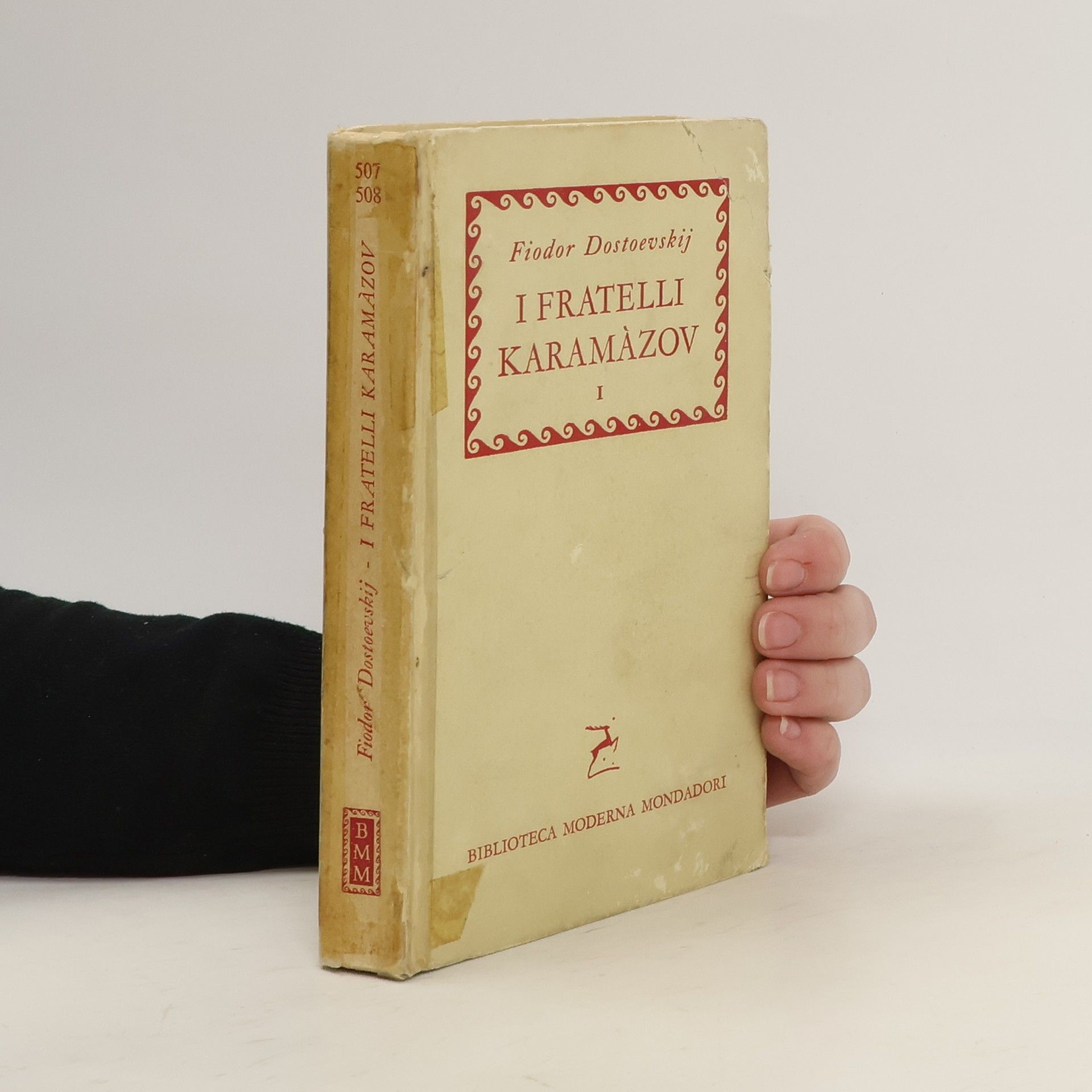
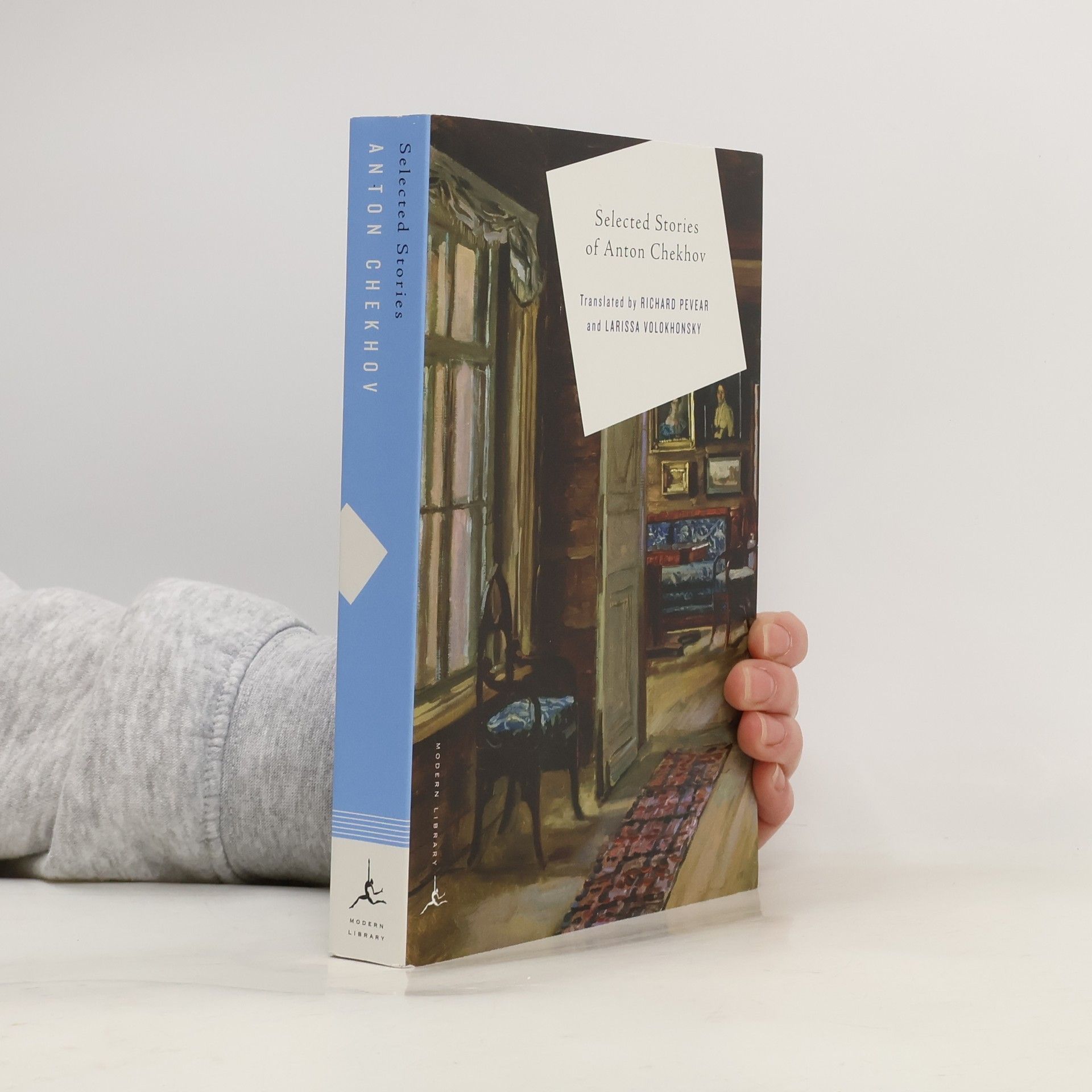
Anna Karenina
- 1107pagine
- 39 ore di lettura
“Tutte le famiglie felici si somigliano; ogni famiglia infelice lo è a modo proprio” “Qual è il vero peccato di Anna, quello che non si può perdonare e che la fa consegnare alla vendetta divina? È la sua prorompente vitalità, che cogliamo in lei fin dal primo momento, da quando è appena scesa dal treno di Pietroburgo, il suo bisogno d’amore, che è anche inevitabilmente repressa sensualità; è questo il suo vero, imperdonabile peccato. Una scoperta allusione alla sotterranea presenza nel suo inconscio della propria colpevolezza è il sogno, minaccioso come un incubo che ritorna spesso nel sonno o nelle veglie angosciose, del vecchio contadino che rovista in un sacco borbottando, con l’erre moscia, certe sconnesse parole in francese: Il faut le battre le fer, le broyer, le pétrir [...]. Il ferro che il vecchio contadino vuole battere, frantumare, lavorare, cioè distruggere, è la stessa vitalità, il desiderio sessuale, l’amore colpevole e scandaloso di Anna; e così essa lo sente e lo intende come la colpa che la condanna[...]. Ed è quel vecchio a farle improvvisamente comprendere cosa deve fare: distruggere quella vitalità, e cioè distruggere se stessa per espiare la sua colpa.” Dalla Postfazione di Gianlorenzo Pacini
The Adolescent
- 528pagine
- 19 ore di lettura
Among Dostoevsky’s later novels, The Adolescent occupies a very special place: published three years after The Devils and five years before his final masterpiece, The Karamazov Brothers, the novel charts the story of nineteen- year-old Arkady – the illegitimate son of the landowner Versilov and the maid Sofia Andreyevna – as he struggles to find his place in society and “become a Rothschild” against the background of 1870s Russia, a nation still tethered to its old systems and values but shaken up by the new ideological currents of socialism and nihilism. Both a Bildungsroman and a novel of ideas, dealing with themes such as the relationship between fathers and sons and the role of money in modern society, The Adolescent – here presented in a brand-new translation by Dora O’Brien – shows Dostoevsky at his finest as a social commentator and observer of the workings of a young man’s mind.
Il dottor Živago
- 574pagine
- 21 ore di lettura
Borìs Pasternàk nacque nel 1890 a Mosca. Il suo ingresso nella vita intellettuale russa coincise con la moda del cubofuturismo e con le più accese esperienze di rinnovamento letterario. Ma per quanto animato da un ansioso bisogno di ricerca, egli non dimenticò mai la più genuina tradizione della sua terra come testimonia l'opera poetica e, ancor meglio e di più, il romanzo. La sua poesia, così improduttiva ai fini della propaganda, non lo mise mai in buona luce presso le autorità; egli stesso, non per una ben individuata ragione di ordine politico, ma per un preciso bisogno di salvare la libertà dell'arte e del pensiero, sin dal 1930 visse in disparte nella sua dacia di Peredelkino presso Mosca, dove morì nel 1960. Fu in questa volontaria solitudine che maturò e fu scritto Il dottor Živago. Il premio Nobel per la letteratura, conferitogli nel 1958, e l'eco enorme e l'impressione profonda suscitate in tutto il mondo dal romanzo non valsero a toglierlo dall'isolamento nè ad attenuare il gelo ufficiale della politica e della letteratura sovietica. Solo dopo decenni dalla prima edizione mondiale, Il dottor Živago venne pubblicato in Urss.
The award-winning translators bring us a new translation of an 1870 comic novel by Russia's greatest satirist—whose mockery of Russian autocracy is as relevant as ever. “Pevear and Volokhonsky [are the] reigning translators of Russian literature. . . . In Russia, The History of a Town is read in schools and regarded as a masterpiece of 19th-century satire. . . . [This new translation] is an argument for the book’s Swiftian wit and its relevance to Russia and the United States today.” —The New York Times A major classic in Russia since its publication, Foolsburg is the farcical chronicle of a fictional town and its hapless inhabitants as they passively endure the violence and lunacy of their rulers. The succession of brutal mayors of the town include such surreal extremes as a man with a music box instead of a brain and one so tall that he snaps in half during a windstorm. Mikhail Saltykov-Shchedrin marries biting satire reminiscent of Jonathan Swift with the fantastical absurdity of Nikolai Gogol, imbued throughout with his own brand of playful wordplay. The award-winning translators Richard Pevear and Larissa Volokhonsky have produced the first translation of this work into English that successfully captures its zany humor and enduring relevance.
Notes from Underground
- 128pagine
- 5 ore di lettura
How far would you go to escape the real world? The underground man had always felt like an outsider. He doesn't want to be like other people, working in the 'ant-hill' of society. So he decides to withdraw from the world, scrawling a series of darkly sarcastic notes about the torment he is suffering. Angry and alienated, his only comfort is the humiliation of others. Is he going mad? Or is it the world around him that's insane?
